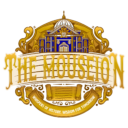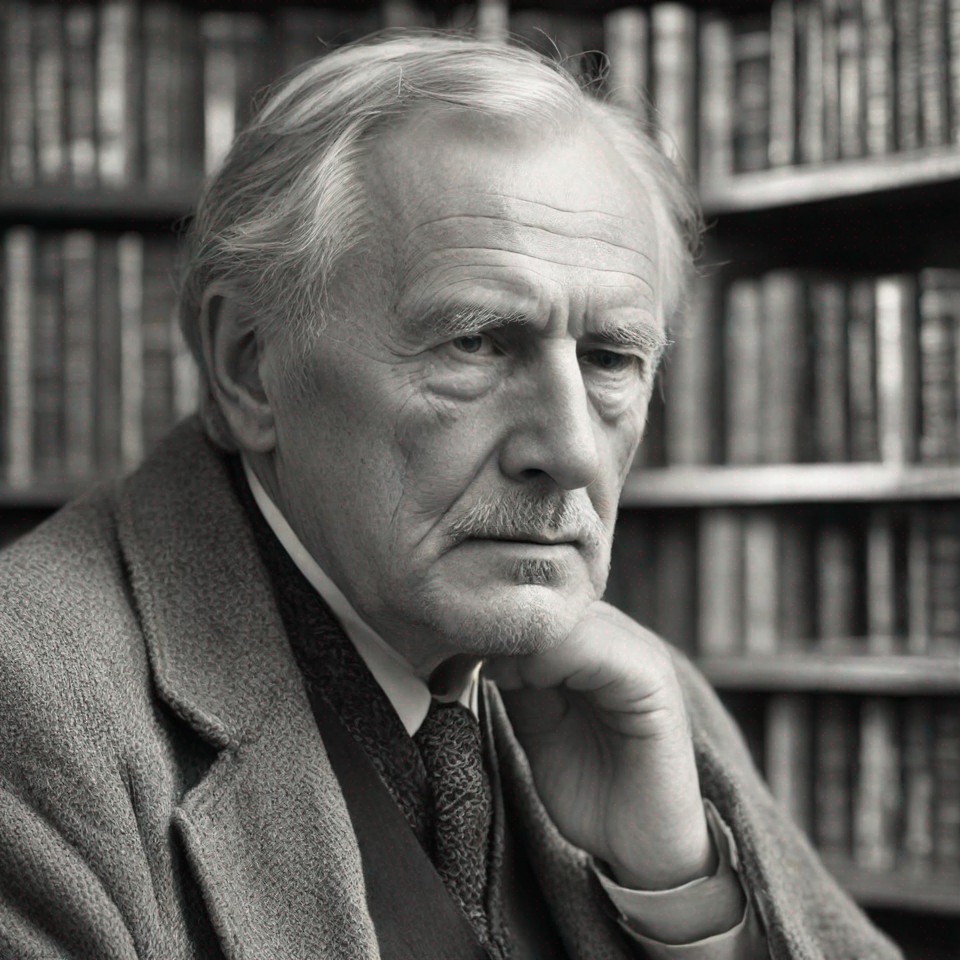Carl Jung, one of the most influential figures in psychology, introduced the concept of the “shadow,” a fundamental element of his analytical psychology. The shadow represents the parts of ourselves that we repress or deny—our darker impulses, fears, and desires. For Jung, the shadow is not just a reservoir of our basest instincts; it is a key to understanding our full potential and achieving psychological wholeness. This exploration of the shadow invites us to confront the aspects of our personality that we often avoid, urging us to integrate these hidden facets to live a more authentic and balanced life.
Jung believed that the shadow develops early in life as we begin to adapt to societal expectations and norms. As children, we learn what behaviors are acceptable and what are not, leading us to suppress traits that are deemed undesirable. Over time, these repressed elements form the shadow—a part of the unconscious mind that remains largely hidden from our conscious awareness. Yet, despite being out of sight, the shadow profoundly influences our thoughts, emotions, and behaviors.
The process of confronting the shadow is what Jung called “shadow work.” It requires an honest and courageous examination of oneself, acknowledging the parts of our personality that we may find uncomfortable or shameful. Jung argued that ignoring the shadow can lead to psychological distress and even cause these repressed elements to manifest in harmful ways. For example, traits we disown might be projected onto others, causing conflicts and misunderstandings in our relationships.
However, Jung also emphasized that the shadow is not purely negative. Within the shadow lies not only our darkest impulses but also untapped potential and creativity. By integrating the shadow into our conscious self, we can access these hidden strengths and develop a more complete and authentic identity. Jung described this process as “individuation,” the journey toward becoming one’s true self.
The shadow’s influence is evident in many areas of our lives, from our personal relationships to our societal interactions. For instance, the shadow can manifest in moments of irrational anger, jealousy, or fear—emotions that seem to come from nowhere but are deeply rooted in our unconscious. By recognizing these reactions as manifestations of the shadow, we can begin to understand their origins and work toward resolving the inner conflicts they represent.
Jung used the metaphor of light and darkness to describe the relationship between the conscious self and the shadow. The conscious mind is like the light that illuminates our thoughts and actions, while the shadow is the darkness that lurks beneath the surface. To achieve psychological wholeness, Jung believed we must bring the shadow into the light—acknowledging and integrating these hidden aspects rather than keeping them buried in the unconscious.
The shadow also plays a crucial role in creativity and innovation. Many artists, writers, and thinkers have drawn inspiration from their shadow, channeling their repressed emotions and desires into their work. Jung believed that engaging with the shadow could unlock creative potential, allowing individuals to express themselves more fully and authentically.
However, this process is not without its challenges. Shadow work can be uncomfortable and even frightening, as it forces us to confront parts of ourselves that we may prefer to ignore. It requires humility, self-compassion, and a willingness to embrace our imperfections. Jung warned against the dangers of repressing the shadow, as doing so can lead to psychological fragmentation and a loss of self-awareness.
In the journey toward individuation, the shadow serves as both a guide and a challenge. It pushes us to question our assumptions, confront our fears, and embrace the complexity of our human nature. By integrating the shadow, we can achieve a more balanced and harmonious self, free from the constraints of repression and denial.
Carl Jung’s exploration of the shadow offers profound insights into the human psyche. It challenges us to move beyond the superficial understanding of ourselves and delve into the depths of our unconscious. By acknowledging and embracing the shadow, we can unlock our true potential and live more authentically, grounded in the full spectrum of our experiences and emotions. In the words of Jung himself, “One does not become enlightened by imagining figures of light, but by making the darkness conscious.”

